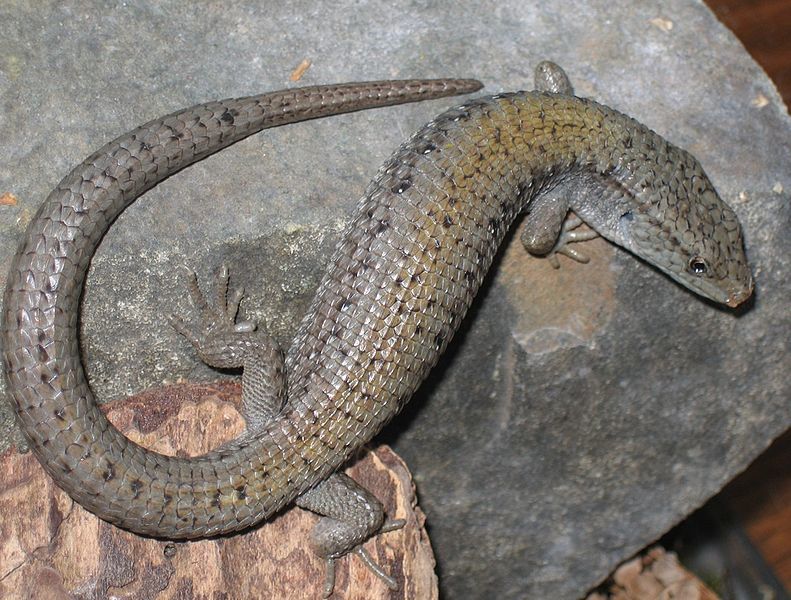Do the consequences of enhanced nocturnal warmth hinder or help lizards to reproduce? According to the authors of this study, such effects are “primarily beneficial for this population of northern lizards,” and they predict that “future changes will continue to benefit the reproduction, growth and survival of individuals at this site”… Read More
Tropical Influences on North Pacific Sea Surface Temperatures (14 August 2012)
Tropical Pacific forcing associated with ENSO and North Pacific SST variability associated with the PDO are not well represented in state-of-the-art global climate models… Read More
Caribbean Corals: What’s Really Been Giving Them a Hard Time? (14 August 2012)
Contrary to climate alarmist claims, it’s not global warming!… Read More
Effects of Low pH on Early Life Stages of Atlantic Herring (14 August 2012)
In contrast to what is so often assumed, after performing a series of experiments the authors of this study conclude that “herring eggs can cope at current temperature conditions with an increase in CO2,” even one “exceeding future predictions of CO2-driven ocean acidification”… Read More
Convective Clouds Continue to Confound a GCM (14 August 2012)
Stratton and Stirling (2012) unveil a method for improving the timing and strength of convection as it relates to the diurnal cycle. The aspect ratio of convective clouds is correlated to physical properties and processes, and the improvement to model performance here was noteworthy. The new scheme also improves the climatological representation of precipitation in general. But, improvement was not universal, and there are still large differences between the model climate and observations… Read More
The Hydroclimate of the Upper North Saskatchewan River Basin (15 August 2012)
A new streamflow reconstruction provides a whole new-and-improved basis for determining the “uniqueness” of whatever future droughts might occur throughout the region, making it much more difficult for climate alarmists to claim that such droughts were caused by anthropogenic CO2 emissions, since there was far less CO2 in Earth’s atmosphere prior to the 1912 start-date of the region’s prior streamflow history, when several way more serious droughts than those of the past century are now known to have occurred… Read More
Potentially Toxic Cyanobacteria vs. Non-Toxic Algae (15 August 2012)
How is the struggle between the two impacted by rising atmospheric CO2 concentrations?… Read More
The Coral Atoll Islands of the Chagos Archipelago (15 August 2012)
Prior research indicated that relative sea level had risen on the islands at a rate as high as 5.44 mm/year. However, the three researchers who conducted this analysis report that “there is no evidence of any statistically significant sea-level rise either from the Diego Garcia tide gauge (1988-2000 and 2003-2011) or in the satellite altimetry record (1993-2011)”… Read More
Effects of Atmospheric CO2 Enrichment on Early Root Growth of Tomato Plants (15 August 2012)
There’s nothing like a substantial increase in the air’s CO2 content to get a plant off to a good start at life, and to truly excel in the never-ending struggle to extract from the soil what it needs to fulfill its true genetic potential… Read More





